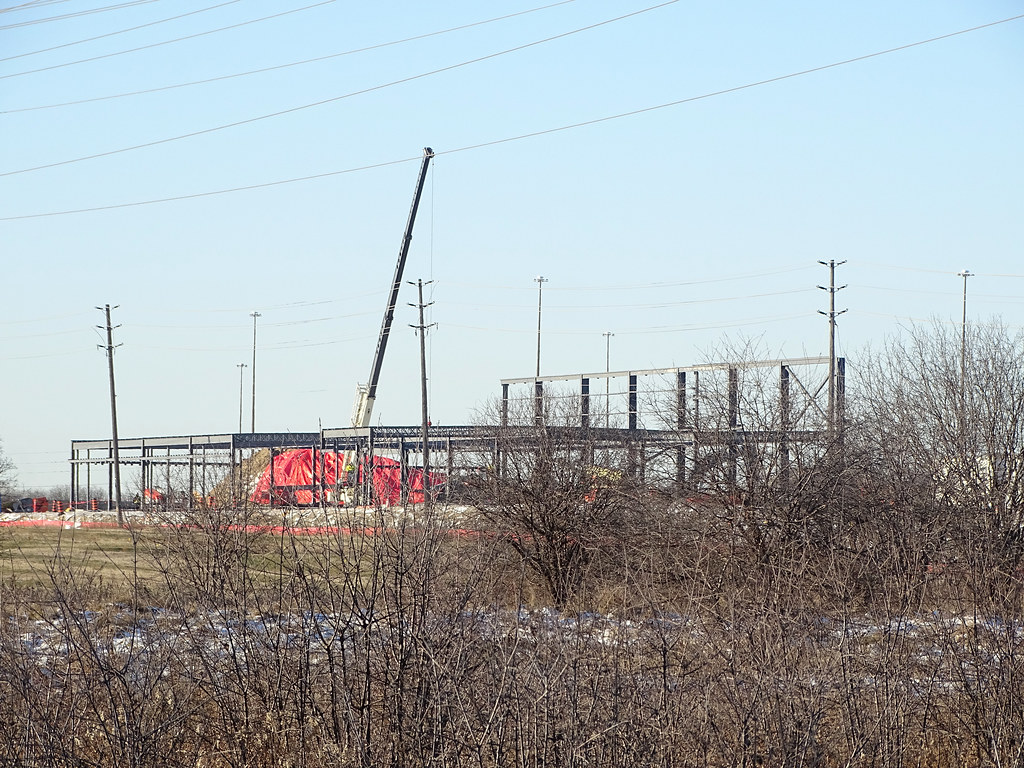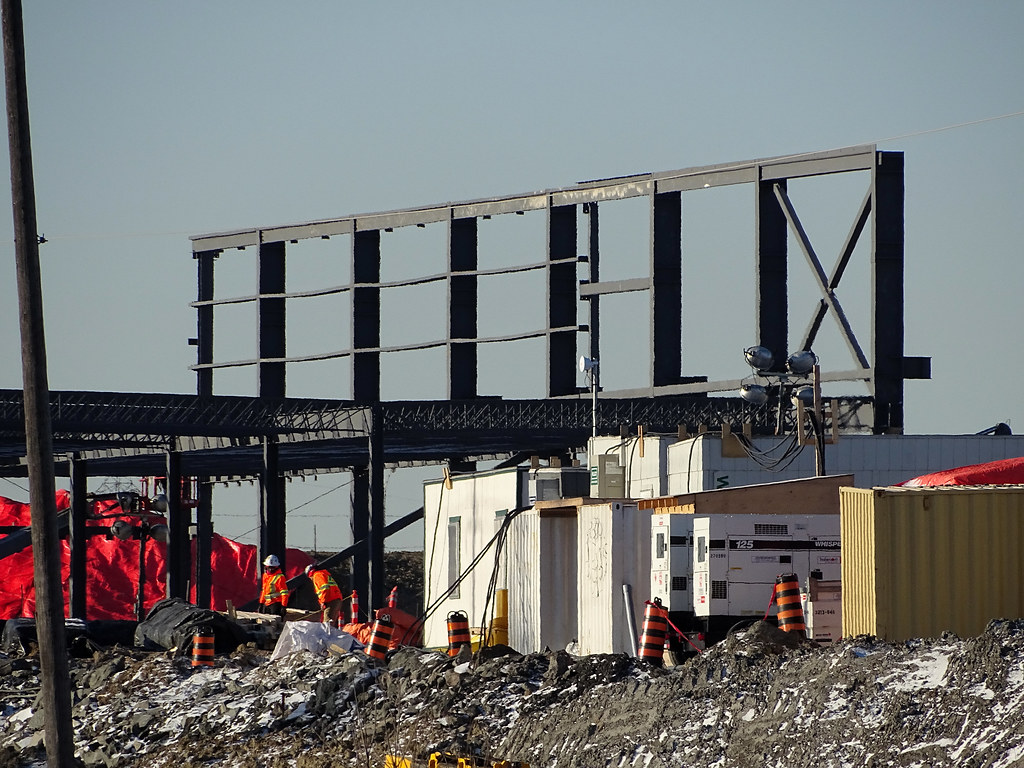ARG1
Senior Member
I don't think Line 2 is a good point of comparison. Line 2 arguably has way too many stations, way too close to each other, stations that significantly decrease the average speed of the line.Line 2 (Bloor-Danforth) has an average speed of 32km/h. This isn't much slower.













